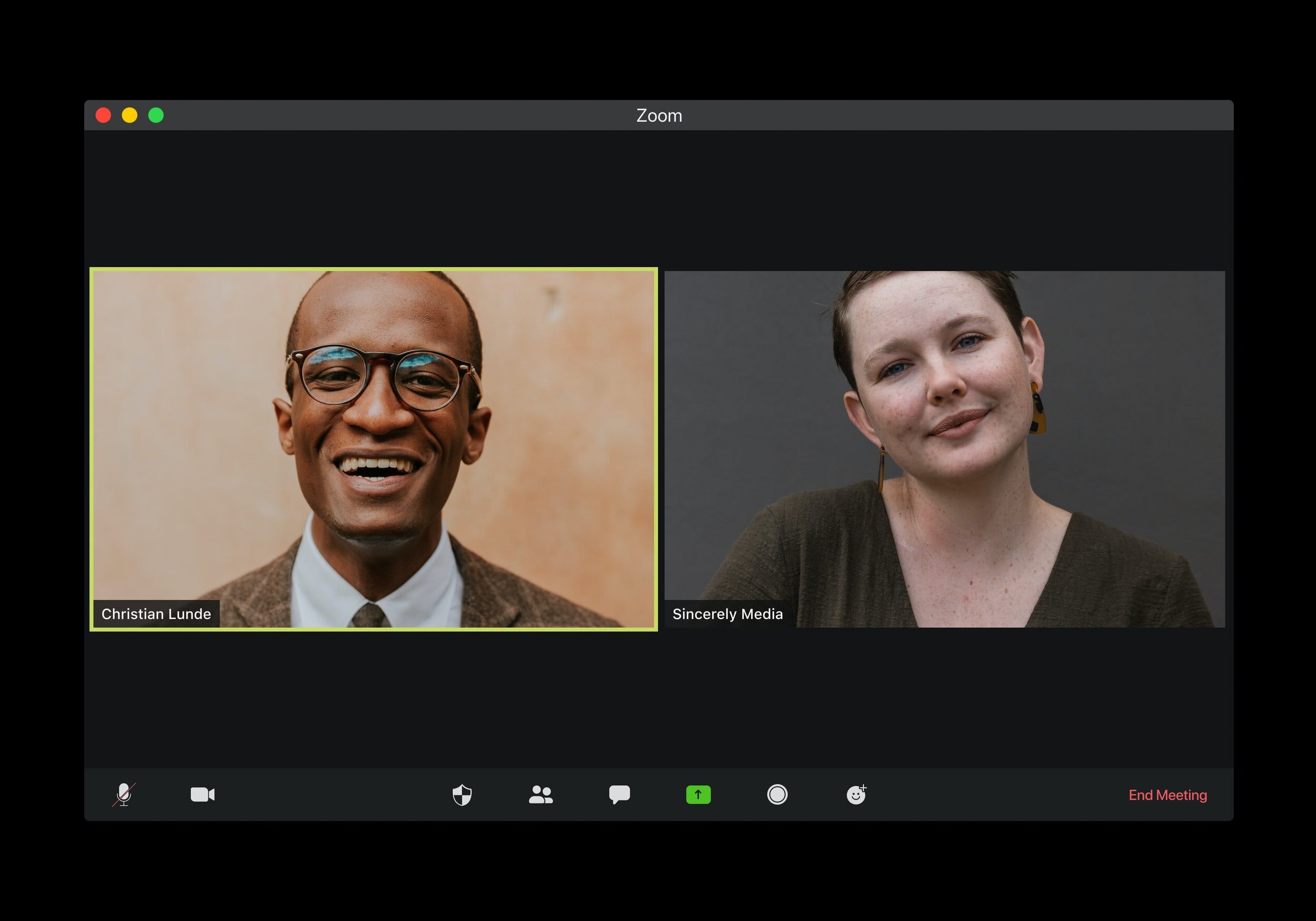What are the principal preoccupations of researchers employing qualitative methodologies?
By Pinaki Burman
Pinaki Burman is a dedicated PhD scholar at Sam Higginbottom University of Agriculture, Technology and Sciences, India. Focused on unravelling the psychosocial impact of girl child begging on the streets of Kolkata, his research employs qualitative methodologies to delve into the intricacies of human experiences and social phenomena.
Introduction
When doing qualitative research, researchers set out to explore the complexities of human experiences, social events, and behaviours. The principal objectives are to construct a thorough comprehension and elucidation of these occurrences. As they meticulously transform these goals into methods of research, researchers experience a range of challenges. These fundamental challenges with qualitative research constitute a guide for researchers as they attempt to discover complex insights. Qualitative researchers engage in an environment where social and cultural contexts are important and they do so by focusing on the different points of view of participants, providing specific contextual descriptions, and allowing for subjective interpretations. This piece discusses the intricacies of qualitative research methodologies highlighting the fundamental questions that impact the methodologies and theoretical advancements of qualitative researchers.
Goals and Concerns of Qualitative Researchers
In-depth comprehension and interpretation of social events, human experiences, and behaviours are often the main goals of qualitative researchers. Among the primary concerns of qualitative researchers are:
1. Interpretation and Setting: The purpose of qualitative research is to investigate the interpretations people make of their experiences as well as the setting in which they unfold. It is essential to comprehend the subjective interpretation of events.
2. Rich Explanations: Detailed and contextually rich descriptions are emphasised in qualitative research. To fully convey the intricacy of the phenomena under study, researchers try to give a thorough explanation of it.
3. Participant Perspectives: The perspectives of the participants are given priority by qualitative researchers. This entails investigating people’s opinions, convictions, and attitudes in their natural environments.
4. Social and Cultural Context: Scholars study how society and culture affect people both individually and collectively. They take into account the ways that cultural norms, values, and societal influences affect attitudes and actions.
5. Process-focused Inquiry: Process-focused inquiry is a common component of qualitative research, exploring the dynamics of change, evolution, or interaction throughout time. Understanding processes rather than discrete events is its focus.
6. Holistic Knowledge: The goal of qualitative research is to have an all-encompassing knowledge of the subject under investigation. Instead of focusing on separating variables, this entails investigating related elements.
7. Contextual Validity: The goal of qualitative research is to make sure that the conclusions drawn from their work make sense and are appropriate in the particular context of the study.
8. Theory Building: Drawing on their observations and interpretations, qualitative researchers frequently contribute to the development of fresh theories, frameworks, or models.
Conclusion
In conclusion, the primary goal of qualitative research is to gain a deep understanding of human experiences by developing a profound comprehension of the lived experiences of people, communities, or groups. Analysing these experiences in light of their social, cultural, and contextual contexts shapes research methodologies in a complex manner. Researchers navigate social and cultural environments with expertise, providing participant perspectives. The significance of detailed descriptions and subjective interpretation is paramount. Qualitative research’s commitment to process-focused exploration produces comprehensive knowledge, culminating in the priceless creation of new theories and frameworks that enhance the discipline of qualitative research.
More Sage Research Methods Community Posts about Qualitative Research
Typically, interviewers are accustomed to using words: we ask questions, we prompt follow-up responses, but the same principles of visual communication are true for research exchanges. Find tips and examples in this post.
Qualitative researchers often collect very personal data, whether in interviews or in narratives, diaries, or other records that depict their experiences. One way to protect their identities is by changing their names, and anonymizing the data.
by Maria Lahman, Ph.D. and Tyler Kincaid Ph.D., panelists for the How to Do Research and Get Published webinar, “How to write a paper: Qualitative methodology” share their insights.
In-depth comprehension and interpretation of social events, human experiences, and behaviours are often the main goals of qualitative researchers. Learn about the primary concerns of qualitative researchers in this guest post by Pinaki Burman.
Learn about connecting the unit of analysis with the qualitative methodology.
Jessica Lester and Trena Paulus co-edited a December 2023 special issue for the Sage journal, Qualitative Inquiry, “Qualitative inquiry in the 20/20s: Exploring methodological consequences of digital research workflows.” Read the articles and watch a roundtable with contributors. This is the second of two discussions of the special issue.
Jessica Lester and Trena Paulus co-edited a December 2023 special issue for the Sage journal, Qualitative Inquiry, “Qualitative inquiry in the 20/20s: Exploring methodological consequences of digital research workflows.” Read the articles and watch a roundtable with contributors. This is the first of two discussions of the special issue.
Dr. Linda Bloomberg explains ways to choose datacollection methods while aligning with the selected qualitative methodology.
Looking for instructional materials you can use or adapt? These open-access and library resources can be used to learn new qualitative research skills, or to share with students.
Learn about participant observation and read open-access articles that explore this approach to collecting data online or in the field.
Focus groups allow us to hear and learn from what participants say to each other. We can conduct focus groups in-person, or online. In this post, find a collection of open-access articles about focus group methods for collecting data.
Hear Dr. Kozinets discuss the origins and development of Netnography in this interview. See the whole series of posts from Kozinets about collecting data for studies using netnography.
In this interview Daria Khanolainen explains how she used graphic vignettes to study school bullying, and the usefulness of this approach for studying sensitive issues.
Marta Eichsteller offers tips for using and writing about biographical methods.
Dig into participants' stories with biographical and life history interviews.
How can you conduct online research with children and youth? Here are some open-access examples.
If you are a researcher accustomed to quantitative methods, listen to Dr. Helen Kara’s discussion about the importance of understanding qualitative research basics.
Have you ever been stuck in a morass of codes or themes? Dr. Pat Bazeley offers guidance!
Prepare to analyze and interpret data in qualitative research.
Find a new open access article with tips for online interviews.
Tips for collecting secondary data online.
What is archival research like in the digital age? When do you need to visit a physical archives and look through paper documents?
Find an open-access guide to archival research and links to archives you can visit online.
How can you study a question or problem over time?
Thomas describes her research experience with diary methods.
What is archival research, and why is it useful for social researchers?
What kinds of documents or archived materials fit your study?
Zina O'Leary discusses online data in this guest post.






























Do you have concerns about how to carry out data collection with vulnerable populations online? Find research strategies for reaching vulnerable people online.